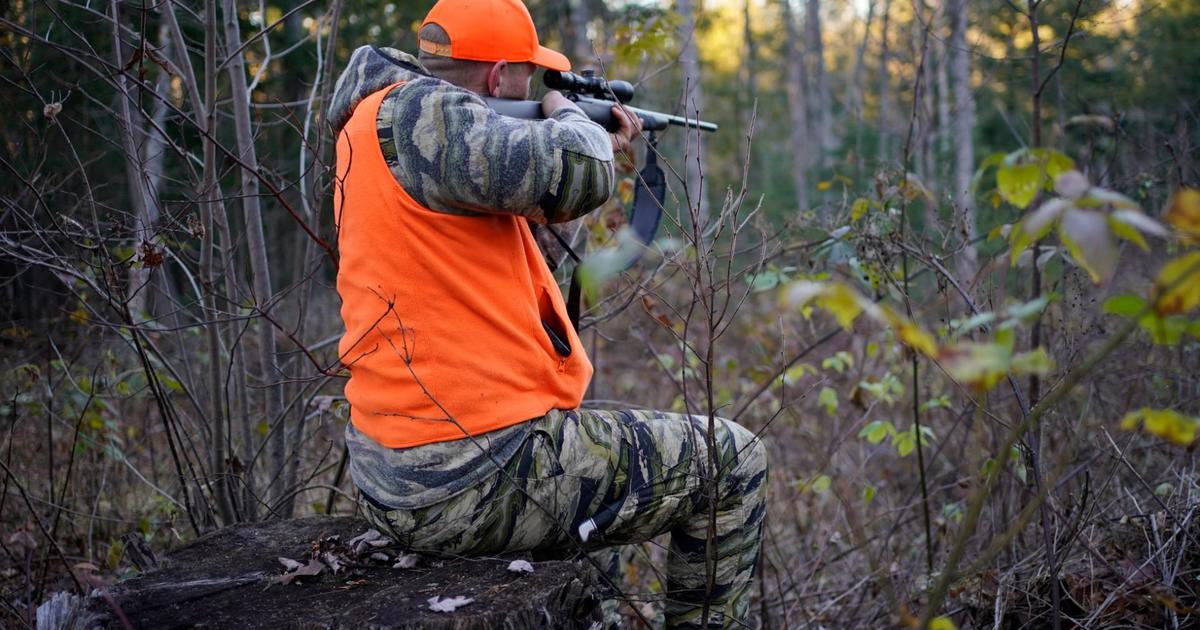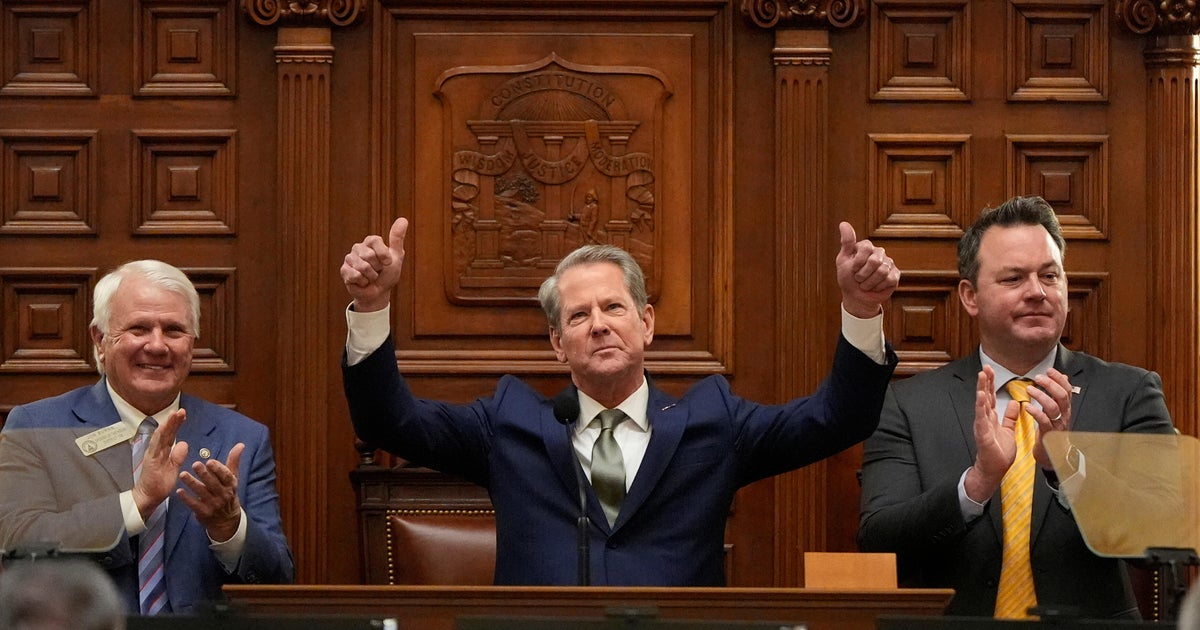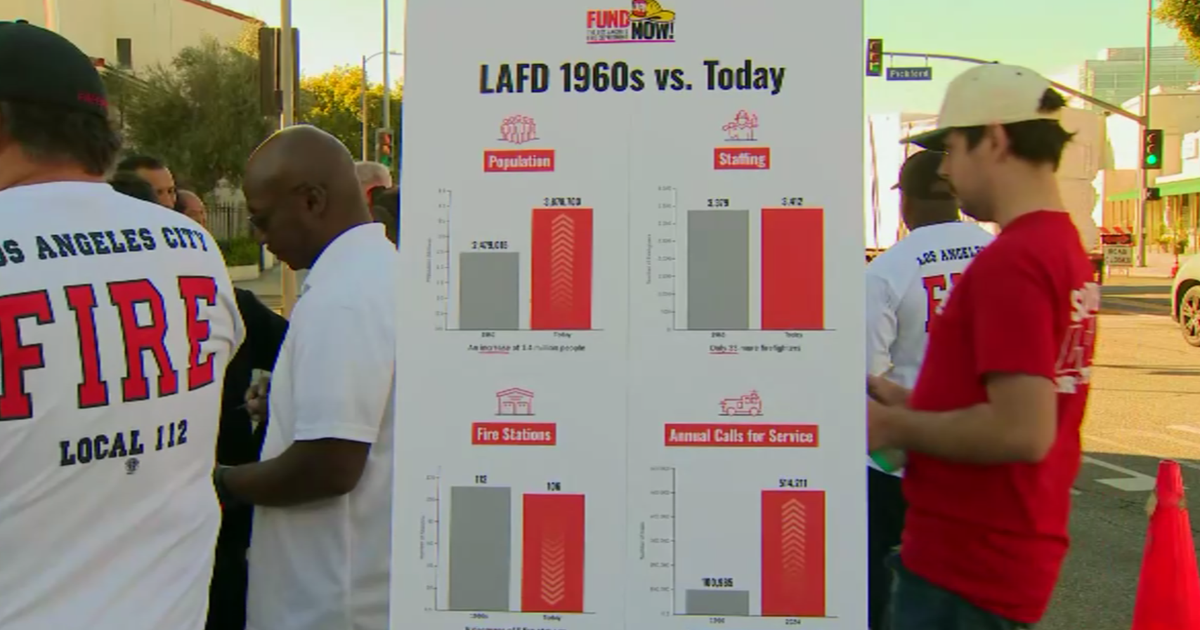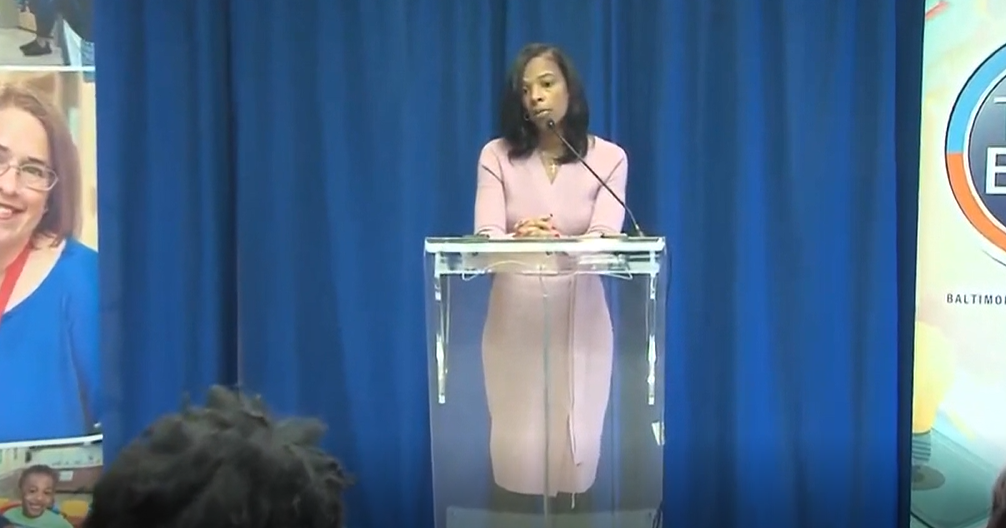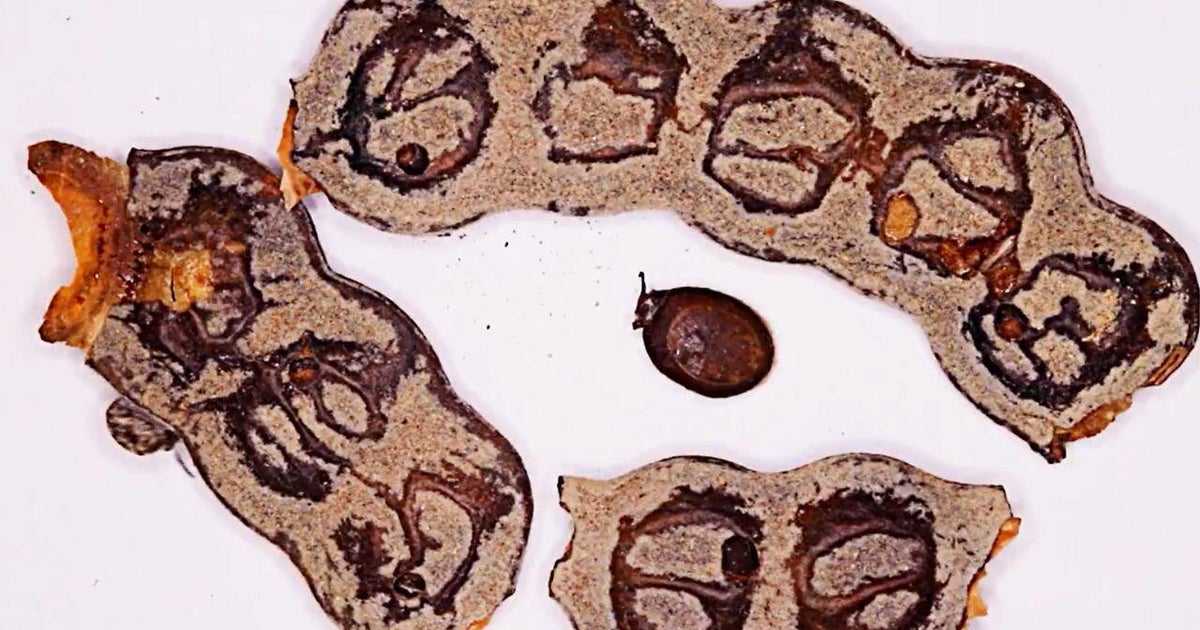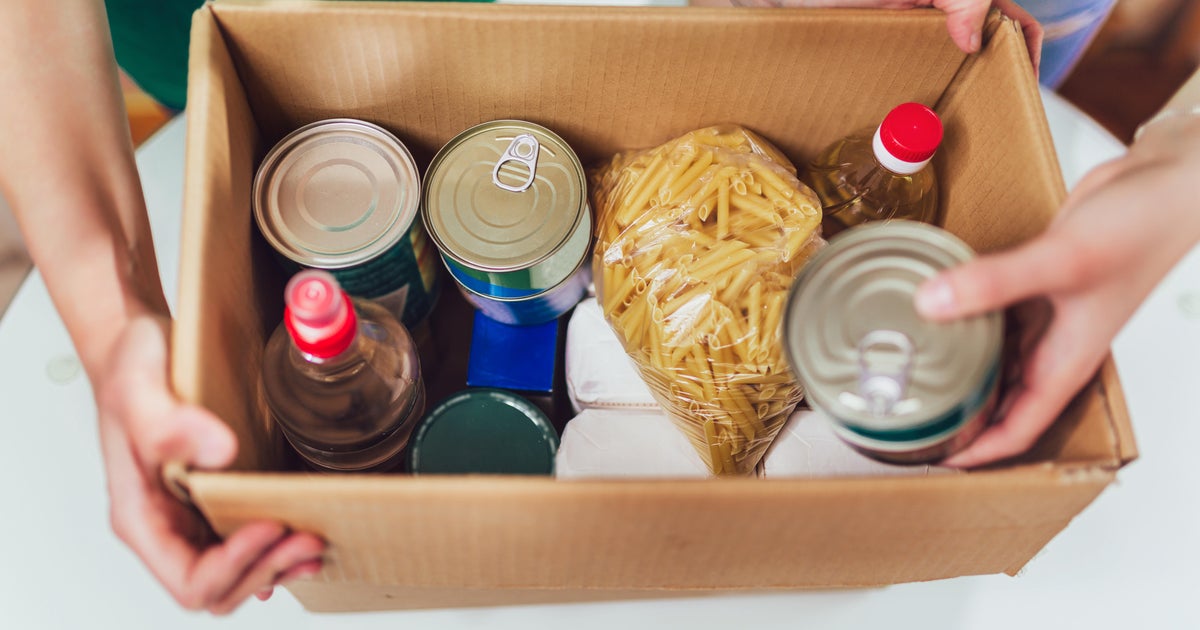Proposal To Tax California Beekeepers Stirs Up Swarm
FRESNO, Calif. (AP) -- A California proposal to tax beekeepers to pay for research on bees' health has stirred up a swarm, even though all agree more study is needed amid a widespread die-off.
The proposal to set up a California Apiary Research Commission with the power to tax comes as bees nationwide are perishing in great numbers from colony collapse disorder and other health problems. California is the nation's main producer of fruits and vegetables, and bees are essential pollinators of about a third of the United States' food supply.
But many beekeepers say they will vote against forming the commission in a summer referendum because they don't want to be forced to pay fees when their industry continues to suffer big losses. The proposal would allow the commission to tax beekeepers doing business in California with more than 50 colonies at a rate of up to $1 per hive.
"It's a tough economy and there are a lot of beekeepers who are in trouble because they're losing their bees," said David Mendes, president of the American Beekeeping Federation. "This isn't the best time in the world to ask people to give more money."
Yet nearly everyone involved in agriculture agrees more research on bees is needed.
Colony collapse disorder, in which all the adult honey bees in a colony suddenly disappear, continues to decimate hives in the U.S. and overseas. Since it was recognized in 2006, the disease has destroyed colonies at a rate of about 30 percent per year, according to the U.S. Department of Agriculture. Before that, losses were about 15 percent per year from a variety of pests and diseases.
Researchers haven't been able to determine what causes colony collapse or find a way to prevent it. The work so far points to a combination of factors including pesticide contamination, a lack of blooms -- and hence nutrition -- and mites, viruses and parasites, said Marla Spivak, a University of Minnesota entomologist. Researchers like Spivak are trying to breed bees with natural defenses against diseases and parasites, while beekeepers are providing supplementary protein to keep bees from getting ill.
Still, colony collapse disorder persists, and its presence is particularly alarming in California, which attracts beekeepers from all over the nation every spring for almond pollination. The almond crop has increased steadily over the past 15 years, and California's beekeepers can supply only about a third of the estimated 1.5 million colonies now needed.
The thousands of out-of-state hives brought in temporarily create an enormous potential for spreading disease rapidly around the nation.
But money for bee health research has been tight, said Frank Pendell, president of the California State Beekeepers Association. Despite promises, Congress has appropriated little money for it. A few other private groups are investing in it, and Pendell's group collected about $50,000 last year through auctions and donations, most of it coming from about 20 percent of the state's beekeepers.
At the association's request, California lawmakers authorized the creation of a research commission last year, subject to a vote by the beekeepers.
Supporters say the commission and its tax would provide a dependable source of money for research and make the industry less dependent on government funds. It could raise about $500,000 initially if the assessment was set at 50 cents per hive, Pendell said. The research would benefit beekeepers nationwide.
"We're trying to make this as fair as possible to everyone, and spread the burden around the industry," Pendell said.
But many beekeepers bristle at the idea. Some can't afford a new tax, and others prefer to decide themselves which research to support instead of letting a commission choose, Camarillo beekeeper Larry Pender said.
"Our industry is on edge," said Pender, who lost 60 percent of his colonies, or about 1,000 hives, in December. "We do need the research, but it's hard to put the money out when it's not in your pocket."
He also thought it would be difficult to track down beekeepers subject to the tax. Although they are supposed to register with their county or agricultural inspection stations at the state border, that doesn't always happen, he said.
The American Beekeeping Foundation did not endorse the proposal at its national conference in January, Mendes said. Some members were concerned the money would be swallowed up by the state of California, while others worried other states would respond by imposing similar taxes.
Beekeepers already feel California is not friendly to the industry, Mendes said, because it instituted a 7 percent franchise tax last year, which out-of-state beekeepers must pay on their pollination income.
But Pendell said this commission would be different: It would be made up of beekeepers, who would control its expenses, and its board would set the assessment rate each year.
Any beekeeper with more than 50 colonies who does business in California can register until the end of May to vote in the referendum.
(Copyright 2011 by The Associated Press. All Rights Reserved.)
